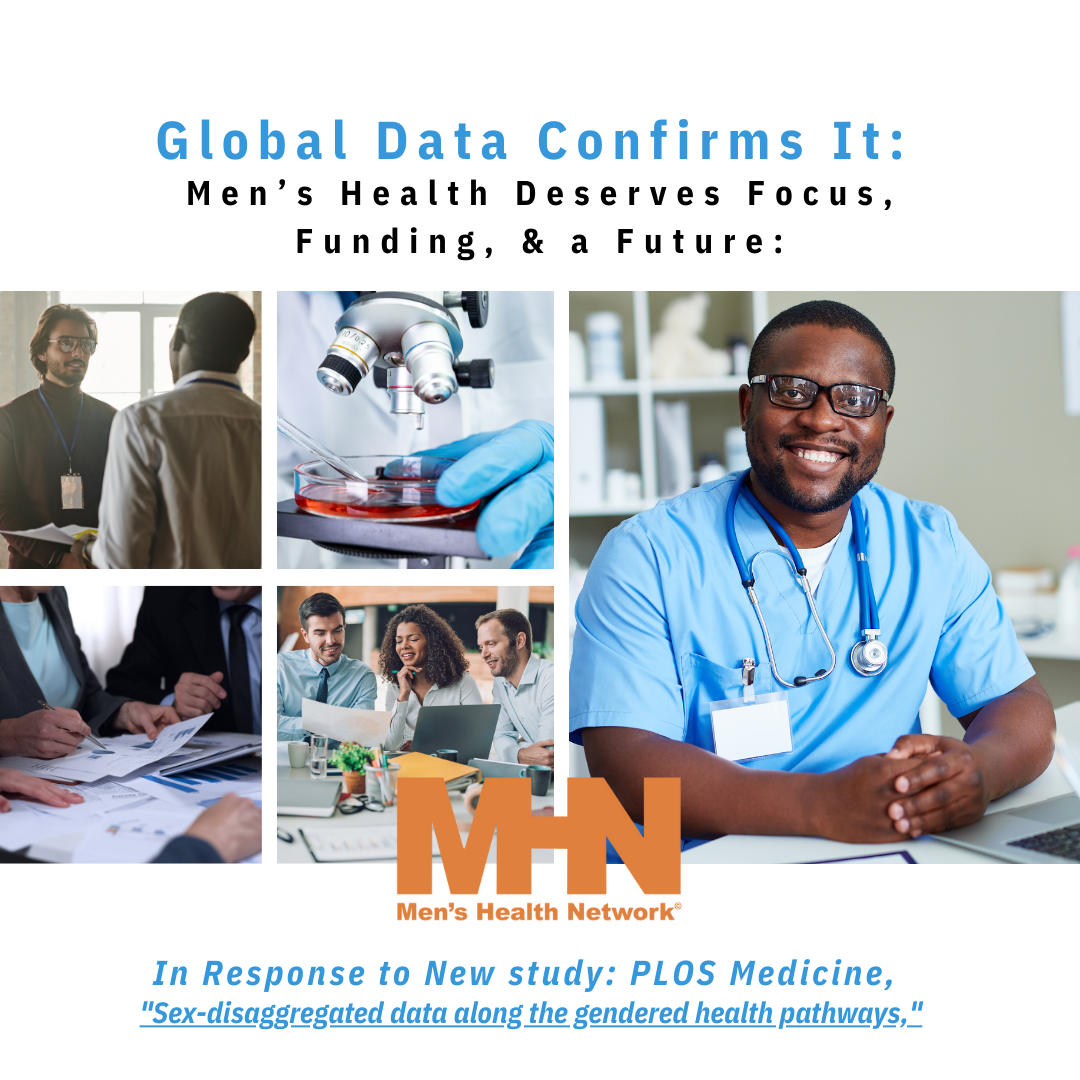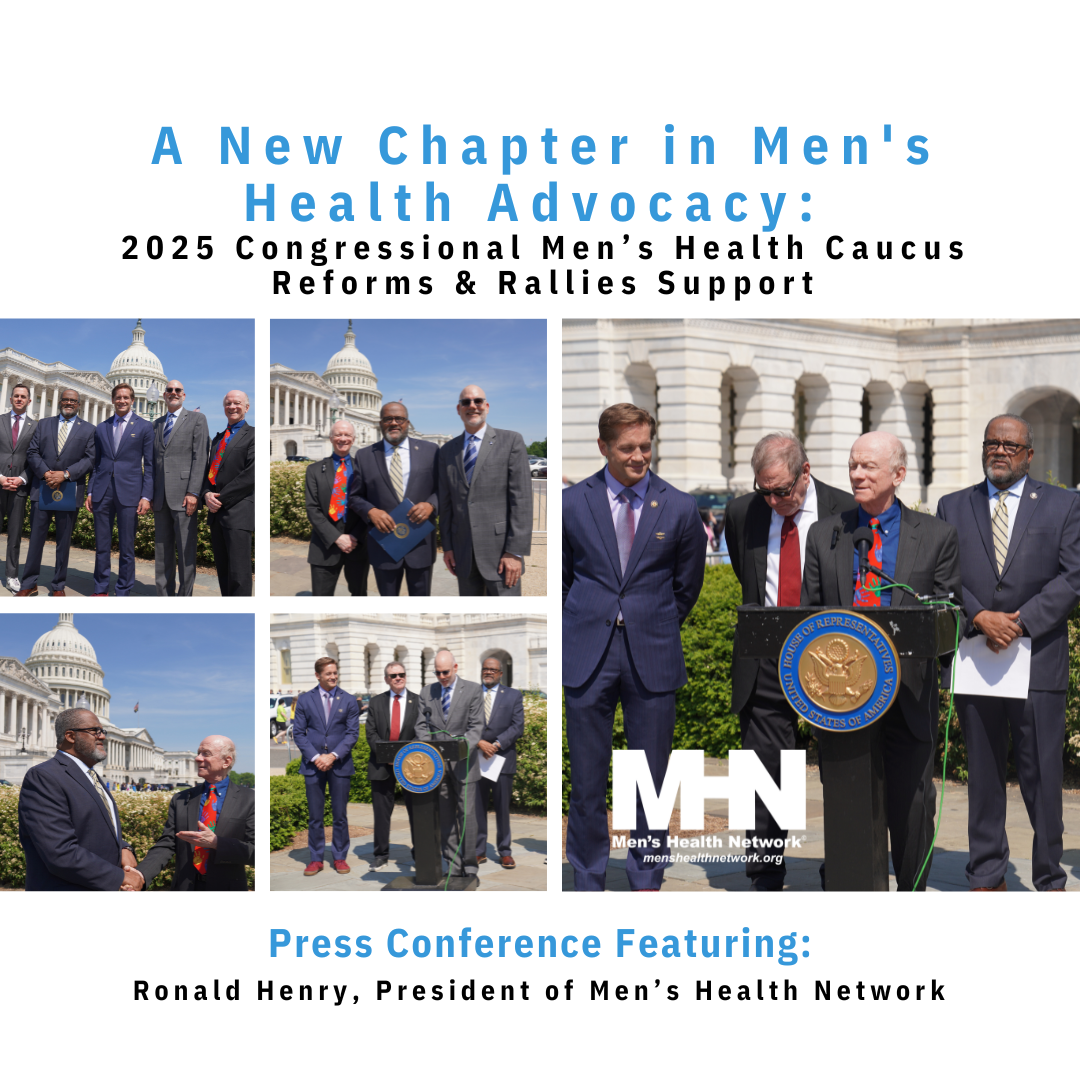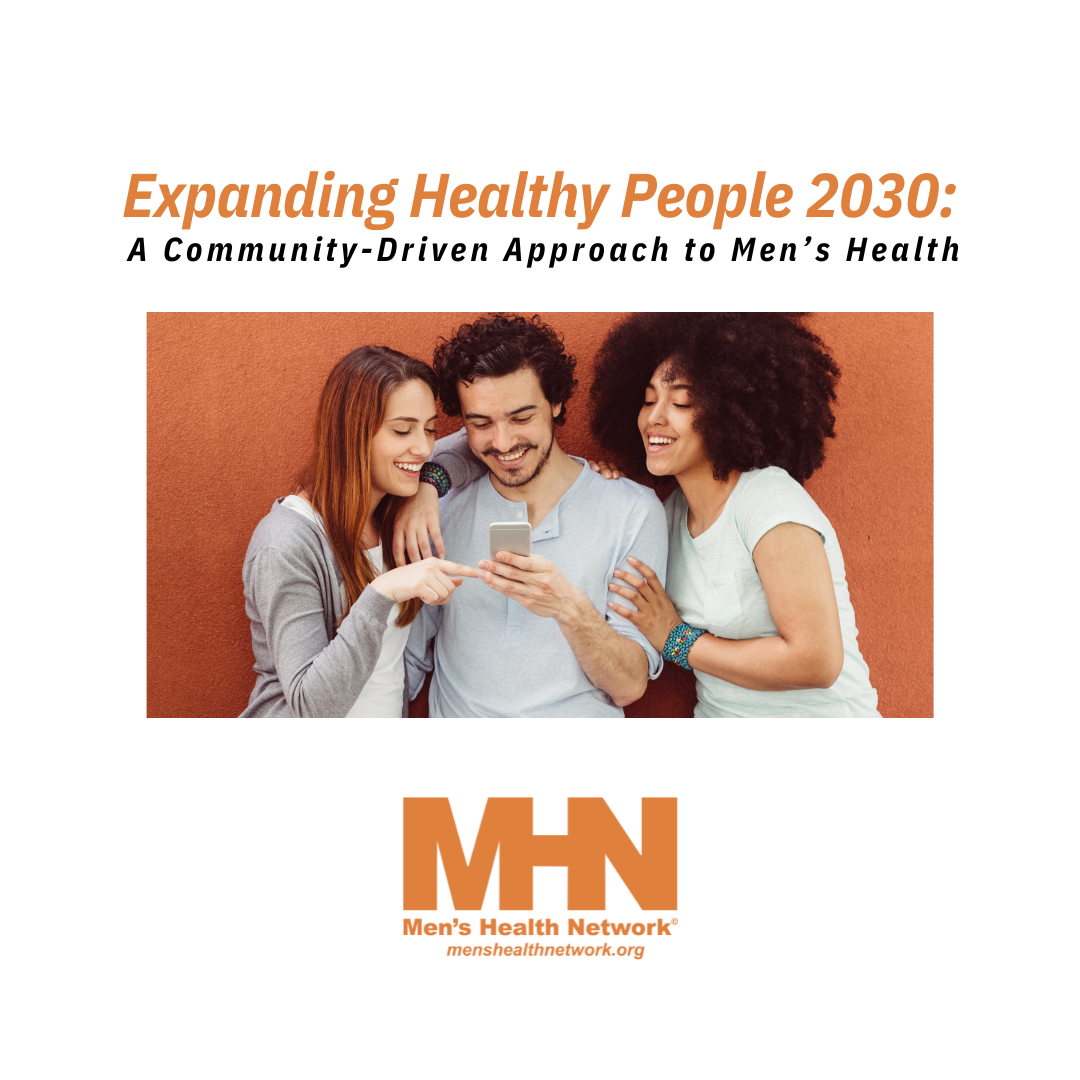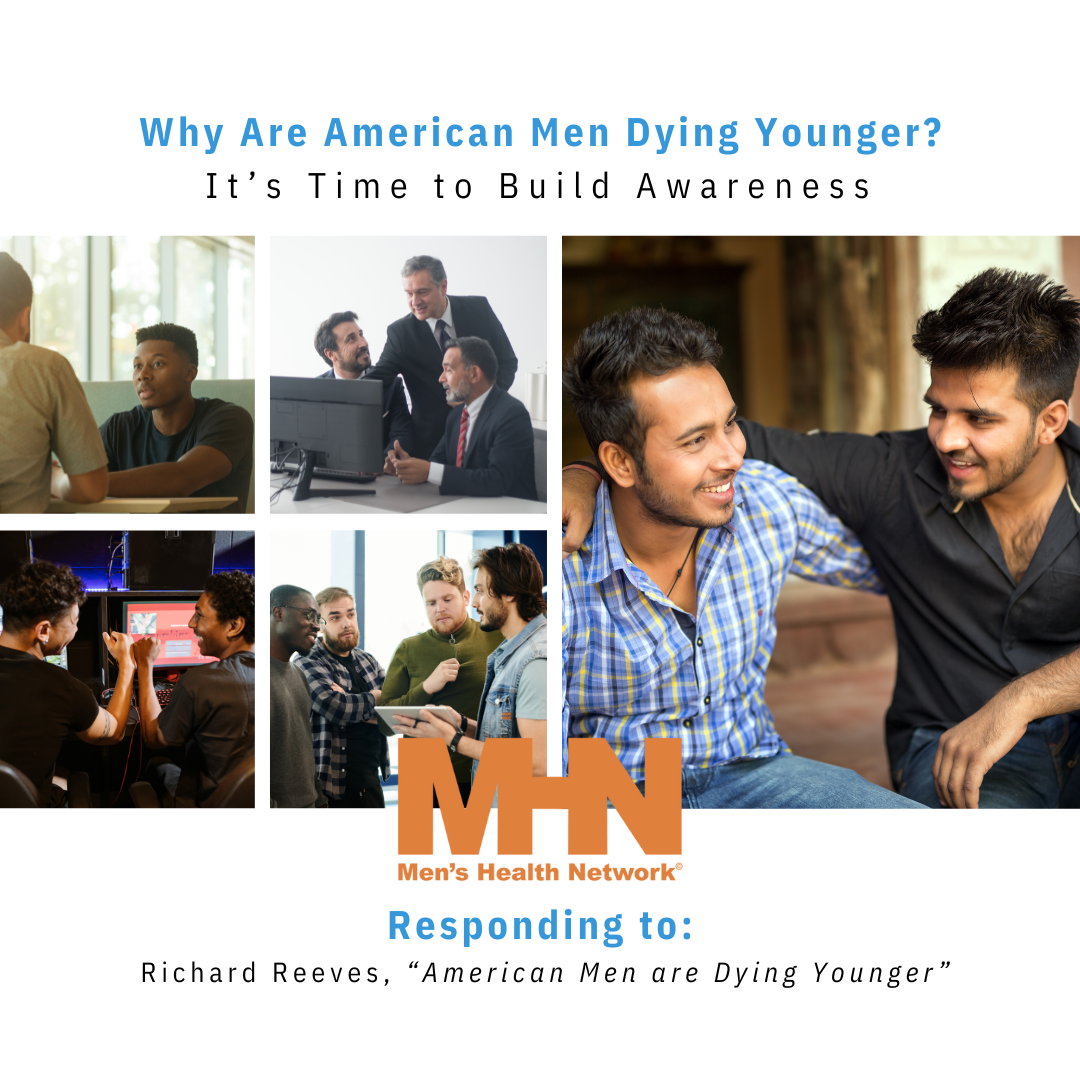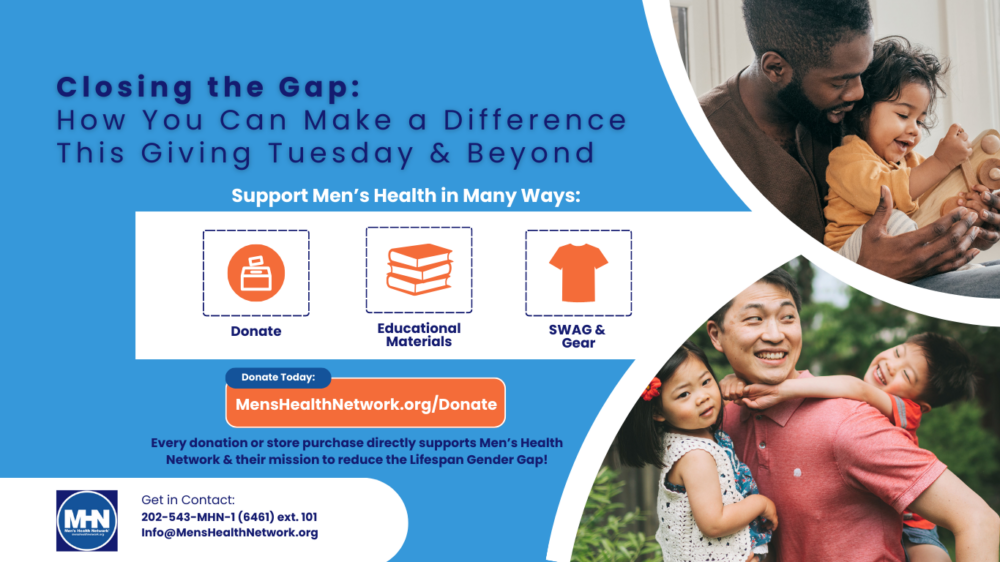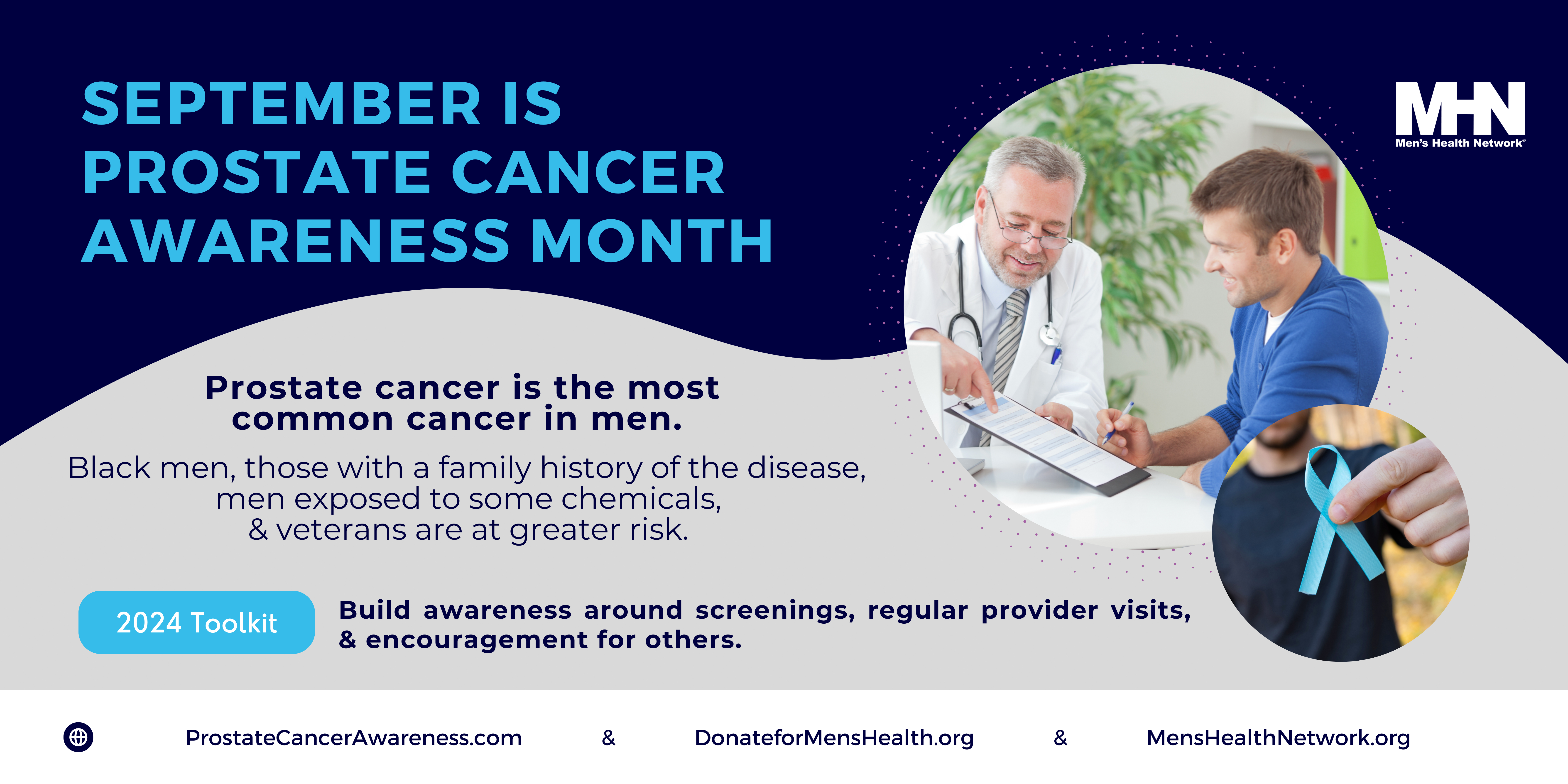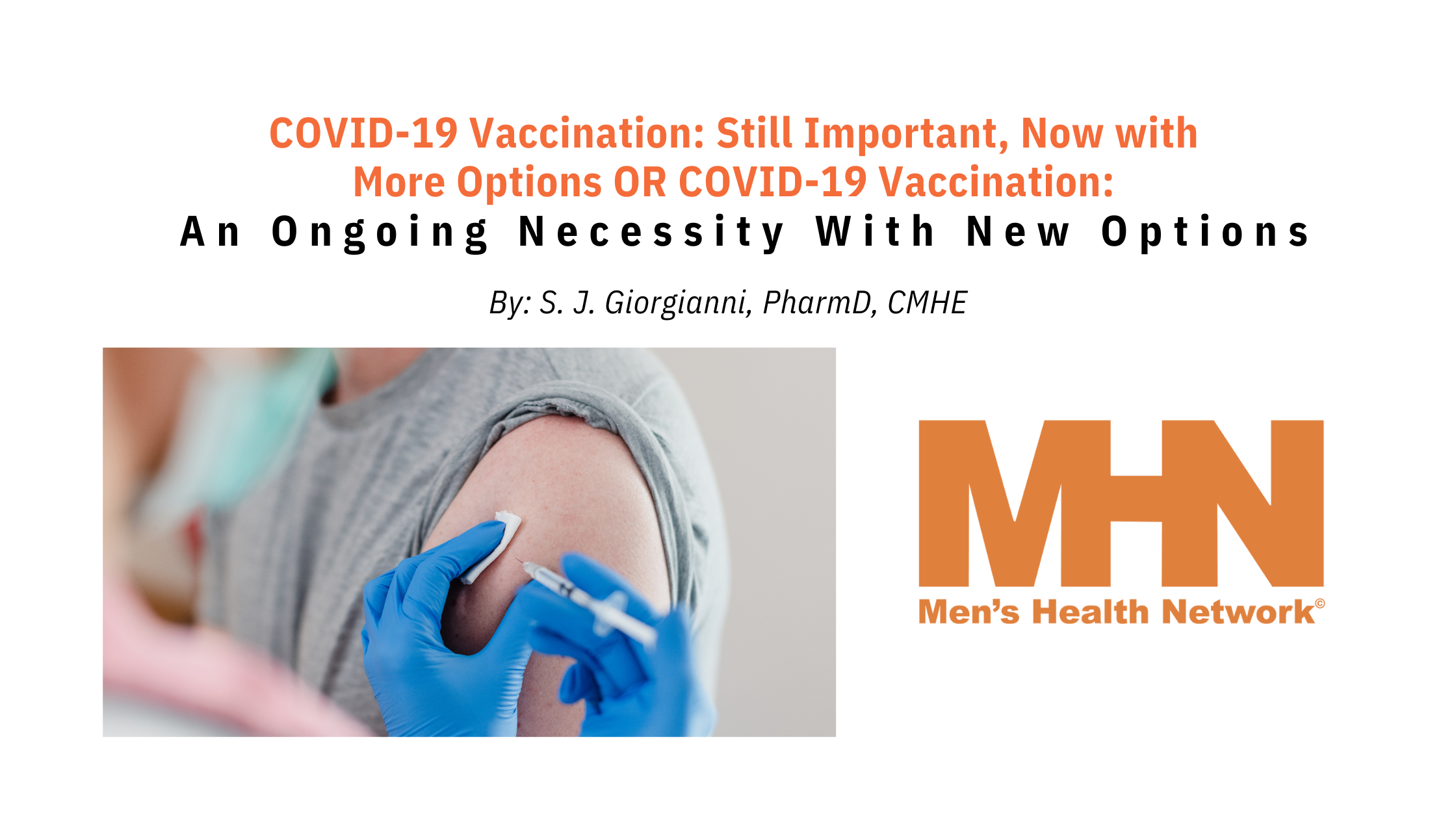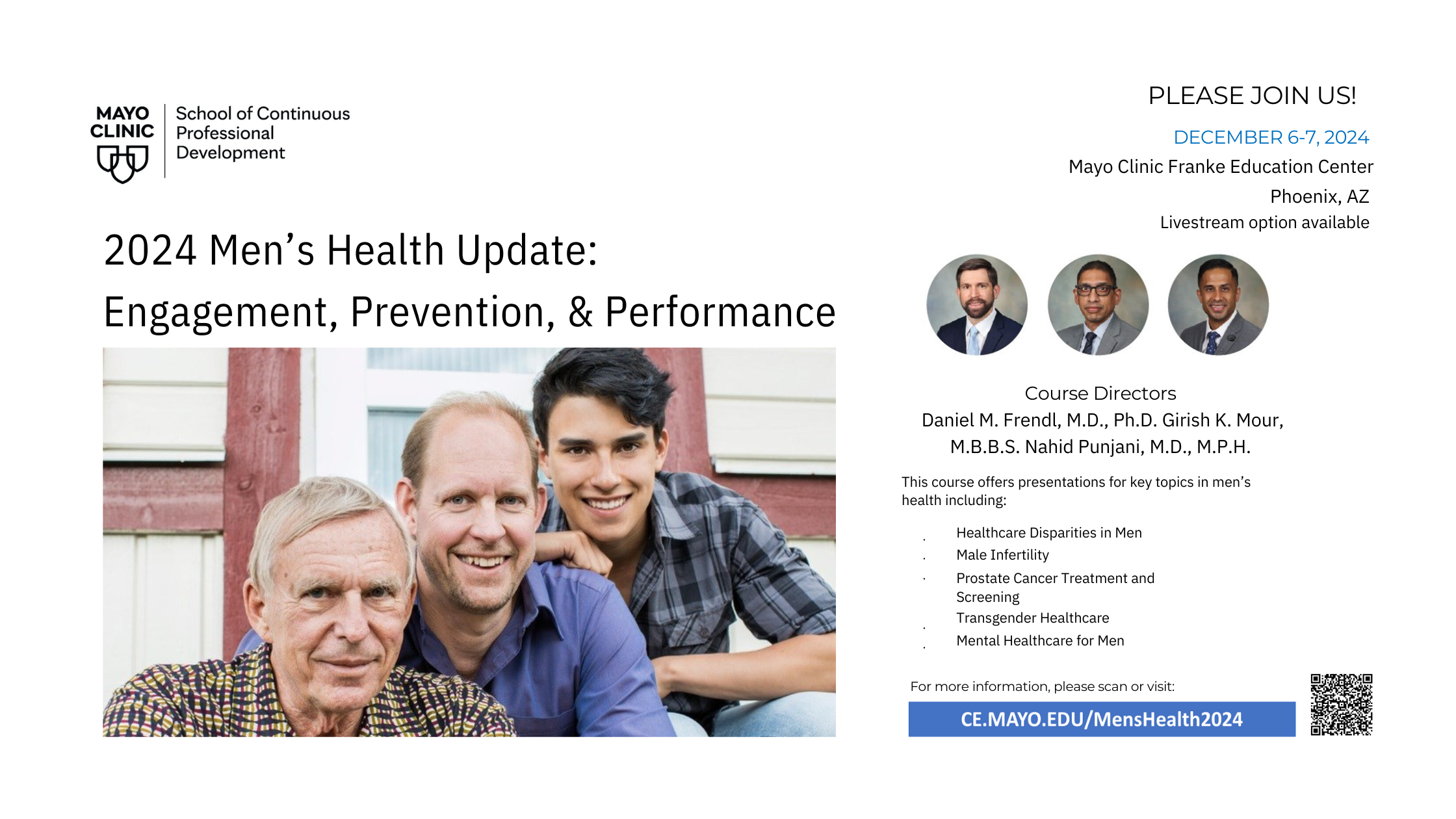In response to the recent PLOS Medicine, "Sex-disaggregated data along the gendered health pathways" Article: It’s a vital contribution to the men’s health conversation and affirms something we’ve said all along: Men's health outcomes will improve when we prioritize men’s health intentionally. At MHN, we see this Article as a roadmap, but it’s up to all of us—health professionals, policymakers, community leaders, and advocates—to act on it. Follow along for all of our commentary on this article... Continue reading
Category: Advocacy
A New Chapter in Men’s Health Advocacy: 2025 Congressional Men’s Health Caucus Reforms and Rallies Support
Through partnering with the 2025 Congressional Men's Health Caucus, together we can recognizable pattern of neglecting men's and boys' issues—a pattern often driven by the mistaken belief that giving attention to men’s struggles takes something away from other important efforts. As the Caucus continues its work through the remainder of the 118th Congress, it does so with deep respect for the leaders who paved the way—especially Rep. Donald Payne Jr., whose advocacy helped put men’s health on the national stage. Now, a new generation is stepping in—not only on Capitol Hill, but across the country. Nonprofits, doctors, teachers, coaches, and families are joining forces to create a healthier future for our sons, fathers, brothers, and partners.Continue reading
Expanding Healthy People 2030: A Community-Driven Approach to Men’s Health
Healthy People 2030's next iteration should incorporate male-focused community initiatives that foster adequate support for the health needs of men and boys. By working together—across public health sectors, education systems, workplaces, and community organizations—we can create an environment where all individuals, regardless of sex, have the opportunity to live longer, healthier lives. Read on for more information on how men and boys stand up against Social Determinants of Health as stated in existing policy.Continue reading
Why Are American Men Dying Younger? It’s Time to Build Awareness
The declining life expectancy of American men. This is more than a public health problem—it is a crisis that impacts families, communities, and workplaces across the country. Men’s Health Network (MHN) is dedicated to addressing these challenges, offering solutions to help men live longer and healthier lives, and supporting the families and communities that rely on them.Continue reading
Closing the Gap: How You Can Make a Difference This Giving Tuesday and Beyond
We need your help this Holiday Season to make an impact with the health and well-being of men and boys everywhere. The Lifespan Gender Gap has widened to 6 years, with men dying way too early from preventable diseases. We need everyone's help to get life-saving education, resources, and more into the hearts of communities across America. Consider purchasing from the Men's Health Network store or by donating today. Continue reading
The Perfect Citizen: 300 Spartans
At some point, you must wonder why he will not share his feelings with you, such as by never seeing him cry or get emotional. Western males’ unemotional intelligence is like some secret oath they are taught to take as toddlers and carry with them through life, like an old, raggedy piece of luggage. Most...Continue reading
Brain Injury in Service and its Relationship to Mental Health
Brain Injury in Service and its Relationship to Mental Health Concussion Legacy Foundation Author: Samantha Bureau, PhD In September, we come together to raise awareness about concussions so that more individuals and families know what to do in the event they or their loved one sustains one. A concussion is a type of traumatic brain...Continue reading
September is Prostate Cancer Awareness Month – What You Need to Know
Prostate cancer is a critical health issue that affects a large number of men worldwide. With September designated as Prostate Cancer Awareness Month, it’s an opportunity to promote awareness, encourage regular health screenings, and educate men about early detection and treatment. Prostate cancer is the most common cancer among men, and understanding the risks, symptoms, and prevention strategies is essential for reducing its impact. This blog covers key information on prostate cancer and how you can get involved in raising awareness and supporting the cause.Continue reading
COVID-19 Vaccination: Still Important, Now with More Options OR COVID-19 Vaccination: An Ongoing Necessity With New Options
While the situation is less dire than it was four years ago, COVID Variants continue to pose significant health risks, particularly for vulnerable populations. The virus may not reach epidemic proportions in the US, but localized outbreaks can still occur unexpectedly. At Men's Health Network, we believe it's crucial to provide you with the facts and perspectives to make an informed choice for yourself and your loved ones. As we navigate the ongoing presence of COVID-19 in our lives, many men are still grappling with the decision to continue or begin vaccination. Continue reading
Reduce the Stigma and See Your Doctor
“Reduce the Stigma and See Your Doctor,” Says the Urologist Written By: Girish K. Mour, M.B.B.S., Nahid Punjani, M.D., M.P.H., and Daniel M. Frendl, M.D., Ph.D As Urologists, we remain the gatekeeper for men’s health. Not only are men are known to engage in higher-risk behavior but are also less likely to see to their...Continue reading

